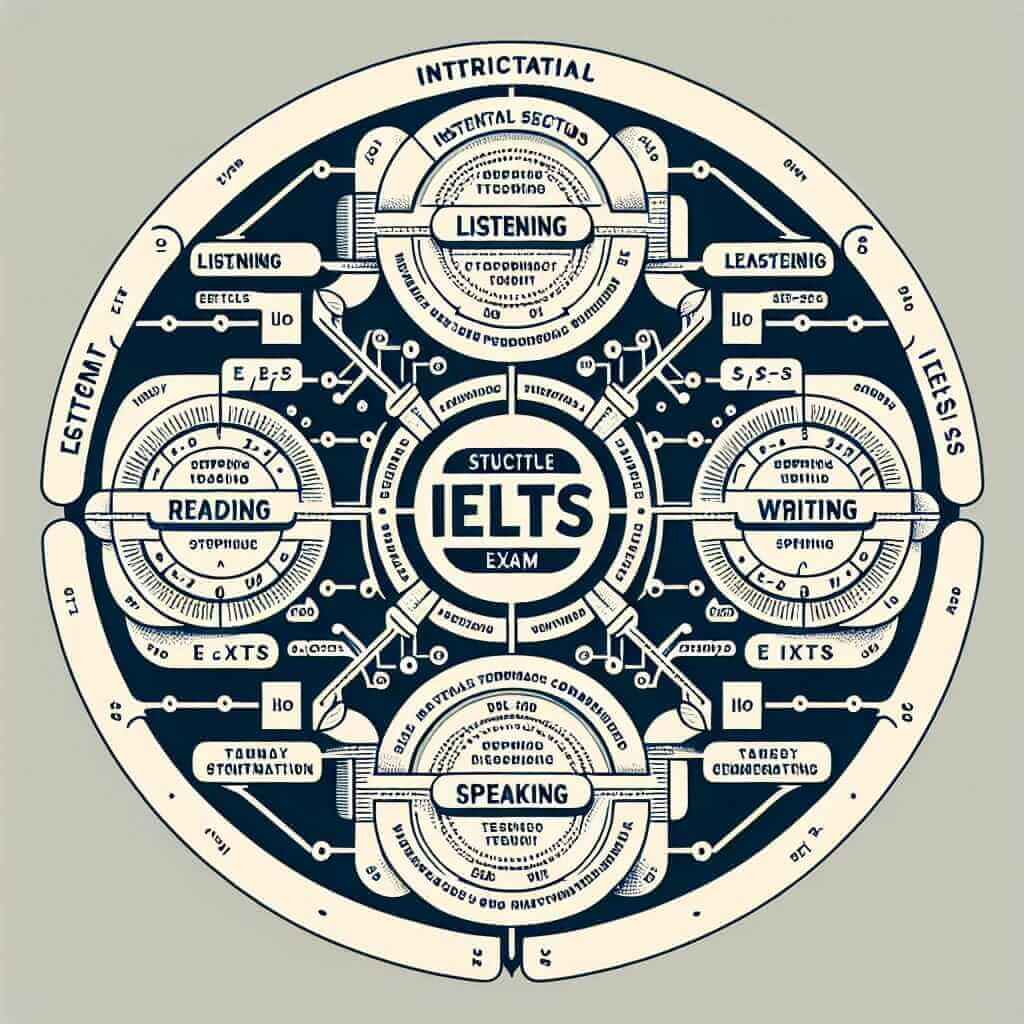The phrase “in terms of” is a versatile tool for any IELTS candidate looking to boost their vocabulary score and demonstrate sophisticated use of language. It allows you to transition smoothly between ideas, highlight specific aspects of a topic, and express yourself with greater clarity and precision. Let’s examine a few examples to see how this phrase works in different IELTS contexts:
- Speaking Part 3: “In terms of environmental impact, electric cars are certainly preferable to traditional petrol vehicles.”
- Writing Task 2: “The internet has revolutionized the way we communicate, both in terms of speed and accessibility.”
- Listening Section 2: (Narrator) “The new sports complex offers state-of-the-art facilities. In terms of size, it’s the largest in the region.”
In each example, “in terms of” signals that we’re about to focus on a particular aspect or feature – environmental impact, communication methods, or physical dimensions. Now, let’s delve deeper into its usage.
Understanding ‘In Terms Of’
This phrase essentially means “with regard to” or “concerning”. It helps you categorize and present information in a structured way. Using “in terms of” demonstrates to the examiner that you can analyze and discuss topics from different angles.

Using ‘In Terms Of’ for IELTS
Here’s how you can incorporate this phrase effectively in different sections of the IELTS:
1. IELTS Speaking
-
Part 1: While not as crucial here, using “in terms of” can showcase your vocabulary range.
- Example: “I prefer living in the city in terms of convenience and entertainment options.”
-
Part 2: Use it when describing specific aspects of a topic or comparing/contrasting.
- Example: “The festival was a great success, both in terms of attendance and cultural significance.”
-
Part 3: Essential for analyzing and discussing complex issues.
- Example: “In terms of addressing climate change, international cooperation is absolutely vital.”
2. IELTS Writing
-
Task 1 (Graphs/Charts): Useful for highlighting key trends or making comparisons.
- Example: “The graph shows a sharp increase in online sales in terms of revenue generated.”
-
Task 2 (Essays): Crucial for structuring arguments and presenting balanced viewpoints.
- Example: “While technology offers numerous advantages, in terms of social interaction, it can have some negative consequences.”
3. IELTS Listening and Reading
You’ll likely encounter “in terms of” frequently in these sections. Pay attention to how it’s used to connect ideas and emphasize particular points. This will help you answer questions accurately and improve your overall comprehension.
Achieving a Higher Band Score
-
Synonyms and Variations: Don’t overuse “in terms of”. Explore synonyms like “regarding,” “concerning,” “with respect to,” or “from a … perspective.”
- Example: “From an economic perspective, the project was a resounding success.”
-
Collocations: Pay attention to words commonly used alongside “in terms of,” such as “cost,” “benefit,” “impact,” “performance,” “efficiency,” etc. This demonstrates natural and sophisticated language use.
Common Errors and How to Avoid Them
-
Redundancy: Avoid using “in terms of” unnecessarily, especially when simpler phrases suffice.
- Incorrect: “The weather was nice today in terms of sunshine.”
- Correct: “The weather was sunny today.”
-
Incorrect Prepositions: Ensure the preposition following “terms” is accurate.
- Incorrect: “In terms on environmental impact…”
- Correct: “In terms of environmental impact…”
Conclusion
Mastering the use of “in terms of” can significantly enhance your IELTS performance. By using it strategically and accurately, you can showcase your ability to analyze, compare, and contrast ideas effectively. Remember to practice incorporating this phrase into your speaking and writing to improve your fluency and confidence. Good luck!